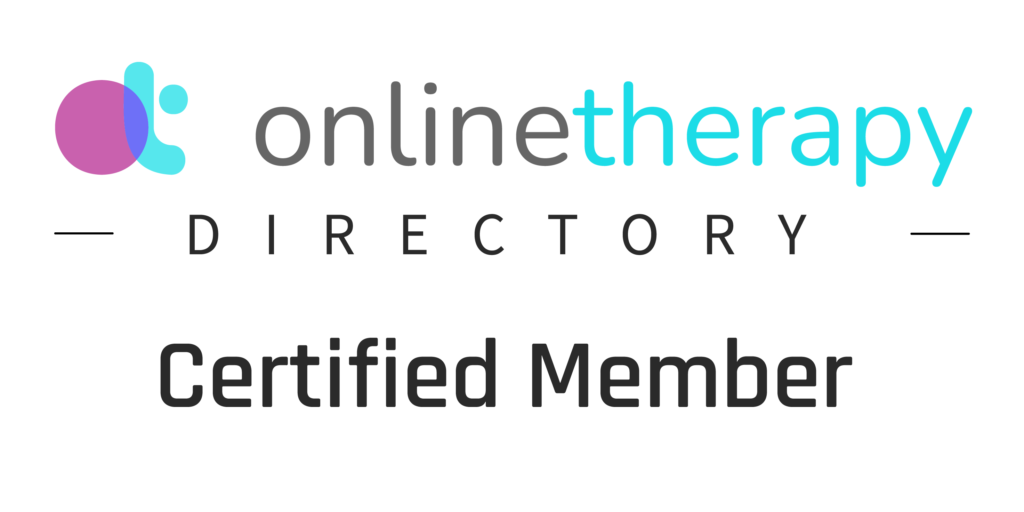
Learning Disability Assessment: Why Early Evaluation Matters More Than You Think
Does your child work hard but still struggle to keep up in school? Are they bright and curious, yet reading, writing, or math feel like constant uphill battles? Your child might need a Learning Disability Assessment
If this sounds familiar, your child may have a Specific Learning Disability (SLD)—a neurodevelopmental condition that affects how they process information. The good news? With the right Learning Disability Assessment , you can uncover exactly what’s going on and get them the help they need to thrive.
At Psych Therapy, Vasudha Pruthi, an experienced and RCI-licensed Clinical Psychologist, provides comprehensive SLD assessments for school-aged children and teenagers. Her goal is simple: not to label, but to unlock learning potential through clarity and understanding.
What is a Learning Disability (SLD)?
A Learning Disability, also called Specific Learning Disorder (SLD), is a neurological condition that interferes with the brain’s ability to read, write, spell, or do math.
It’s important to know:

Many children with learning disabilities are extremely bright—but they process language and information differently, which affects academic performance.
Common types of SLD:
- Dyslexia – Difficulty with reading, spelling, and decoding words
- Dysgraphia – Struggles with handwriting, grammar, or organizing ideas in writing
- Dyscalculia – Difficulty understanding numbers, math concepts, and calculations
Children with SLD often feel frustrated, lose confidence, or are misunderstood as “lazy” or “not trying hard enough”—when in reality, they may be working harder than anyone else in the room.
Why is a Learning Disability Assessment Important?
Many parents, teachers, and even students themselves often confuse SLD with behavioral issues, ADHD, or simply “not studying enough.” But without a proper learning disability assessment , the real issue can go unidentified for years.
Here’s why an assessment is crucial:

An SLD assessment helps pinpoint the specific areas of difficulty—whether it’s reading fluency, written expression, or numerical reasoning. This allows for personalised interventions, not guesswork.

A diagnosis of SLD by an RCI-licensed Clinical Psychologist is essential to obtain formal accommodations such as:
- Extra time in exams
- Use of a reader or scribe
- Exemption from second language in CBSE/ICSE/IB
- Individualised Education Plans (IEPs)

Children with undiagnosed SLD often experience anxiety, low self-esteem, and school refusal. Early assessment can boost their confidence and reframe the learning journey positively.

SLD can overlap with attention or behavioral issues, but a comprehensive evaluation can clearly identify whether your child has:
- A learning disability
- ADHD
- Emotional or cognitive challenges Or a combination of these.
Why Choose Vasudha Pruthi for Learning Disability Assessment?
Vasudha Pruthi is a trusted RCI-licensed Clinical Psychologist at Psych Therapy, known for her comprehensive, child-friendly, and evidence-based assessments.
What sets her apart:
- Years of experience in SLD testing and certification
- Detailed psychoeducational reports for schools, boards, and counselors
- Warm, non-threatening environment for kids to feel safe and comfortable
- Emphasis on identifying strengths, not just weaknesses
Whether your child is in Grade 2 or Grade 10, Vasudha ensures that every evaluation is scientifically sound, deeply compassionate, and focused on what can be done next.
What Happens During a Learning Disability Assessment?
A learning disability assessment is a multi-step, structured process designed to understand how your child thinks, learns, and performs academically.
Here’s what it usually includes:

Understanding your child’s developmental history, academic struggles, and classroom behaviors.

Tests like the WISC-V (Wechsler Intelligence Scale for Children) measure IQ and cognitive functioning to understand how your child processes information.

These tests assess core academic skills:
- Reading comprehension
- Word recognition
- Spelling and grammar
- Written expression
- Arithmetic and problem-solving

Evaluating visual-motor integration, auditory processing, working memory, and attention.

Once testing is complete, Vasudha prepares a detailed psychoeducational report that:
- States if a Specific Learning Disability is present
- Recommends accommodations or exemptions
- Suggests therapy or learning strategies
- Can be submitted to schools, exam boards, or therapy centers
Red Flags That May Indicate a Learning Disability
- Trouble learning to read or write despite good teaching
- Frequent spelling mistakes or reversed letters
- Avoids homework
- Performs well orally but struggles on written tests
- Difficulty copying from the board or organizing thoughts
- Slow in math despite repeated practice
- Teacher reports of poor academic progress despite efforts
If you notice these signs, don’t wait. A learning disability assessment can provide answers—and a plan.
FAQs
Q: At what age can my child be tested for a learning disability?
SLD assessments are typically reliable after age 6–7, once a child has had sufficient exposure to reading, writing, and math instruction. However, early signs can be picked up as early as Grade 1.
Q: Can I use this report to apply for exam accommodations?
Yes. A detailed report from an RCI-licensed Clinical Psychologist is valid for CBSE, ICSE, and other Indian boards for requesting exemptions and accommodations.
Q: Is SLD the same as low IQ?
No. Children with SLD usually have average to above-average intelligence. The issue lies in specific learning processes—not overall intelligence.
Q: Can SLD be cured?
SLD is not a condition that’s “cured,” but with the right interventions (like remedial education, accommodations, and therapy), children can overcome their challenges and thrive academically.
Q: What’s the difference between SLD and ADHD?
While both may impact school performance, ADHD is primarily about attention and impulse control, while SLD affects specific academic skills. A professional assessment can differentiate between the two.
Final Thoughts: Every Child Learns Differently—Let’s Understand How
Struggling in school doesn’t mean your child is slow, lazy, or incapable. It might simply mean they learn differently—and that’s okay.
A professional Learning Disability Assessment is not a diagnosis of defeat—it’s a blueprint for growth. When done by an expert like Vasudha Pruthi at Psych Therapy, it can open the door to meaningful support, improved performance, and most importantly—restored confidence in your child.

Visit Psych Therapy today to book a comprehensive SLD Assessment with RCI-licensed Clinical Psychologist Vasudha Pruthi available at Psych Therapy Lajpat Nagar and Paschim Vihar
Let’s help your child rediscover the joy of learning—on their own terms.




